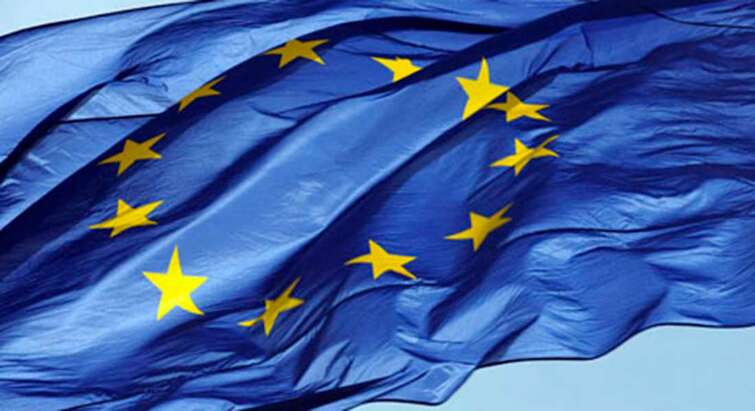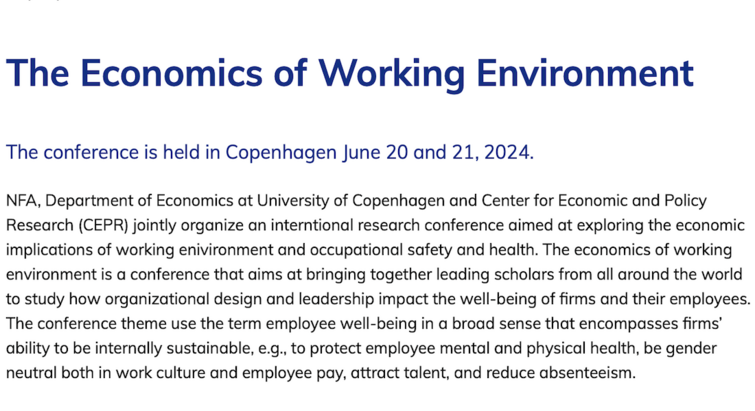
News about Work life
Viser 25 til 48 af 79 dokumenter.


Workers, power and society - Power resource theory in contemporary capitalism

Expert group proposes major reform of employment programmes

Following in parents' educational footsteps reaps financial rewards

Work automation is being put under the microscope

Driving the EU working conditions directive: social partner reactivity and the limits to commission entrepreneurship

Helene Willadsen will present at 2nd International Conference on the Economics of Working Environment

Arrangers and orchestrators: the diverging role of the state in Danish and German vocational education and training

Research on the Danish labour market can continue with new five-year grant

Between coping and resistance: Migrant networks and alternative forms of collectivism

N. Meltem Daysal and co-author's new working paper featured on the NBER website.

Hearing loss: New film shows ways to a good school and working life

Sociological research plays key role in conflict management campaign

Early Career Researcher Network

The new political economy of public sector wage-setting in Europe

Enforcement of labour clauses by public authorities

Script Adaptation: Understanding Continuity in Local Cooperation after Sector-Level Conflict over Teachers’ Working Time

Do you find work using an app or an online platform?

Strong AI skills significantly raise salaries

Strong AI skills significantly raise salaries

Still part of the game—corporatism and political exchanges in two small states

Posted work as an extreme case of hierarchised mobility

Revisiting the EU’s new mobility regime

